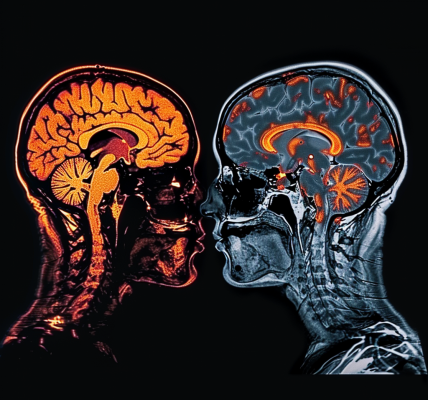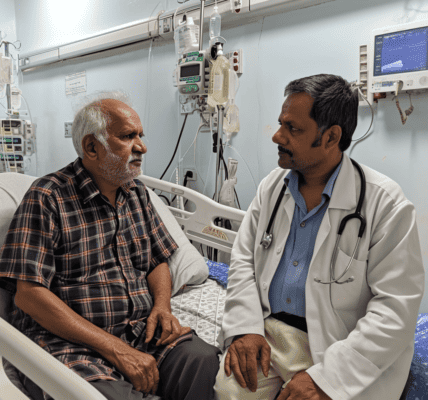Are There Any Foods That Can Actually Help Prevent Dementia?
What you eat affects more than just your taste buds: It’s well-established that certain nutrients can do your body good, from bolstering your bones to protecting your heart. But what about your brain—can eating specific foods ward off conditions like Alzheimer’s disease or other forms of dementia?
For years, lots of promising research has suggested that what you eat can benefit your brain, and a buzzed-about study from earlier this year only supported that connection. Older folks who more strongly followed a style of eating called the Mediterranean-Dash Intervention for Neurodegenerative Delay diet (a.k.a. the MIND diet)—a version of the Mediterranean diet with a focus on brain-healthy foods like leafy greens, beans, whole grains, fish, olive oil, and others—aged slower biologically and were less likely to develop dementia over a 14-year follow-up than those who didn’t adhere to it.
While that sounds significant, it’s still not enough to say conclusively that putting the right stuff on your plate wards off serious neurodegenerative diseases. Even the study authors pointed out that a “large fraction of the diet-dementia association remains unexplained.” Simply put, they weren’t able to tease out whether other important factors—like genetics and physical and mental exercise—were equally (or perhaps more!) responsible for the results.
So what does all this mean for you (and your grocery list)? We combed through the research and spoke with experts to dig into whether the concept of “brain food” is really legit. The short answer? It’s not exactly cut-and-dried. While your fork isn’t going to become a magic bullet, food can play a role in keeping your brain healthy. Read on for everything you need to know.
Here’s where the research stands on “brain foods” in general.
Scientists don’t know exactly what causes dementia and related conditions, but there are some solid theories, Allison B. Reiss, MD, an associate professor of medicine who researches Alzheimer’s disease at the NYU Grossman Long Island School of Medicine, tells SELF.





